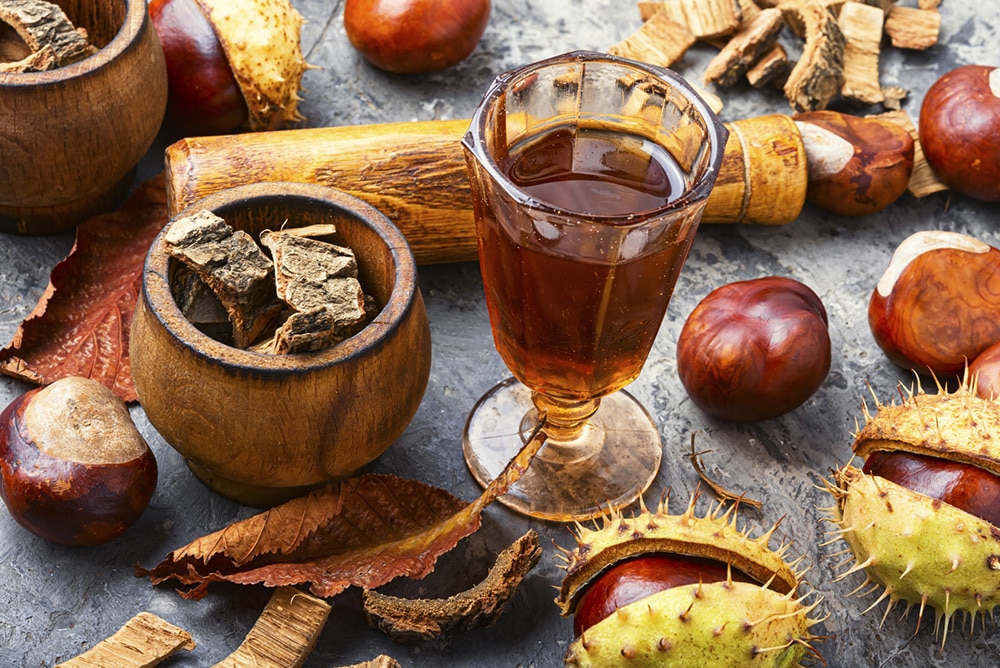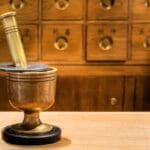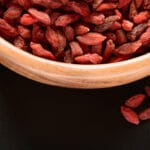One of the oldest forms of health care that has been with humanity is herbal medicine. All over the world, across several cultures, history is rife with evidence that our predecessors used herbs for medicinal purposes. This should not come as a surprise because herbs, unlike modern medicine, are usually safe and do not involve as many side effects.

The late twentieth century saw a reemergence of herbal remedies with the popular of herb-based medications increasing dramatically. More and more hospitals are now offering herbal remedies as complementary alternative treatments with conventional medicines. With this increase in public acceptance of herbal remedies, it has become imperative to conduct studies that can help medical science to understand how herbal medicine works by interacting chemically with our internal bodily functions.
Though it is normally true that herbs and medications derived from them produce fewer side effects than many allopathic medicines taken for similar symptoms, it is important to remember that even plants contain certain chemicals that can produce toxicity after long-term use. Also, while plant based medicines are usually safe even they can be abused. Unlike allopathic medicines that have trouble staying in the body for extended periods, herbal chemicals can create residues in the body and over a long time this slow poisoning can lead to sickness that cannot be diagnosed or even death.
Just like other medications and food supplements there is always the condition and body type of the individual to be considered before prescribing anything. Many health conditions and complications make it necessary for people with those problems to avoid certain types of herbal medicine.
Ask any doctor, they will tell you that it is a very bad and risky idea to mix medications. In certain cases, this applies to herbal medicines as well. They should never be mixed with other herbs (or extracts) and medications. When hospitals offer herbal therapies as complimentary alternative treatments they make certain that the reaction of the herbs will not conflict with the main course of medication administered. This is not something you should mix and match at home. Consult your doctor before making a medicinal cocktail. Obviously, should you notice any symptoms that ring your internal warning bell, please rush to your doctor immediately.
One of the things that people often do wrong is attempt to self-diagnose minor ailments. This is a classic medical trap that most medical students learn very early. Symptoms are so easy to misread that it is common for people to assume that the minor problem they have is actually some serious, life threatening issue. Conversely, bad reading of serious symptoms as being related to some minor problem instead of the real thing is equally dangerous. Do not attempt to self-diagnose if you are not from a medical background and even then, be very careful.
Trying a treatment without understanding the problem will most likely create a whole slew of problems that you never had before.
Do not assume that just because you are taking herbs then it does not matter because they will not harm you anyway. Precautions are necessary even with relatively harmless medications.
Since herbal medicines have not been properly scrutinized, the values attributed to them are based on broad generalized descriptions that originated thousands of years ago. Ancient texts explain a lot of things but do not actually tell us how herbal medicine works. We just know through experience and observation that they do. In light of this, it becomes difficult to determine beforehand certain medicinal puzzles like:
- What can be the possible side effects
- What internal complications/medication conflicts can create problems
- What is the maximum and minimum range for a safe dose for a specific patient
- How many different herbs should be there in each dose
- How does a patient or healer know that an overdose has happened
It is impossible to know how safe a particular herbal mixture is unless you know precisely the exact contents of the mixture along with a breakdown in terms of the number of herbs and the proportional content of each herb. Simply taking too much of it in the hopes that things will work out for the best is a dangerous choice to follow because of certain toxic side effects of the chemicals in herbal medicines.
Certain cases were reported in the past where a lack of understanding, like the points listed above, or worse, an overwhelming underestimation of the potency of herbal medicines had caused the medical conditions of people to worsen by several degrees. Some of these people underwent hospitalized, not for their original ailment but just to treat the side effects of improperly administered herbal medicine. Thanks to the modern media hype surrounding natural products as opposed to industrially manufactured ones, there has developed a tendency for developed nations to think that “natural” and “safe” are synonymous. They are nothing of the sort and it would be prudent to avoid that particular confusion.
All this should not discourage you or cause you to look at herbal medicine as something practiced by quacks and fraught with danger. As mentioned earlier, this healing technique has been around for a long, long time and has mostly benefited humanity. When there has been a problem, it has been due to incompetent judgment on part of the healer or an overdose by the patient. With a little care and discretion, anyone can take herbal supplements or medicines.


